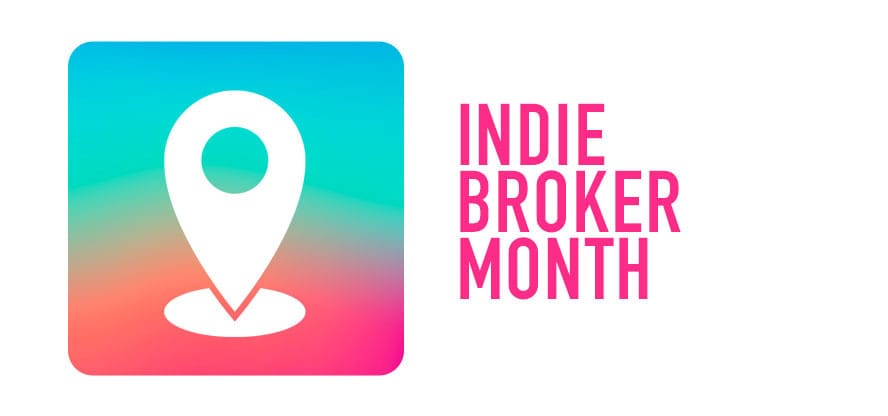 It’s never been a more interesting or exacting time to be an indie broker. In November, Inman celebrates the indie by narrowing in on what growth tactics are working best and what tech is emerging that offers the best competitive advantage.
It’s never been a more interesting or exacting time to be an indie broker. In November, Inman celebrates the indie by narrowing in on what growth tactics are working best and what tech is emerging that offers the best competitive advantage.
Pulse is a recurring column where we ask for readers’ takes on varying topics in a weekly survey and report back with our findings.
November was all about indie brokerages, and with the month at a close, we wanted to end it on a valuable note. So, last week, we asked our readers an important question: What’s the fate of independent brokerages going into the new year?
Also, how are they faring — especially after such a tumultuous year? Are they thriving and outdoing their competition? From the benefits of offering hyperlocal expertise to the issue of agent retention, here’s everything you shared with us.
- Indie brokers with the backing of a big box is the future. [A business that’s] hyperlocal and still gets access to pricing through the big-box umbrella.
- Competitive.
- I’m the top-producing broker in our market and have been an indie owner with partners and teams over the last 10 years. I’m thriving more now than ever before. I think that indies are just like restaurants and most small business where it’s all about the culture and performance. So, inevitably, a large number of small startup brokerages and businesses won’t make it simply because the owner probably shouldn’t have started a small business anyway.
So, I’ll say the obvious edge and understated benefit of an indie (compared to many small businesses and compared to big-box brokerages) is that our industry allows us to offer more service and more value to clients at the same — or less — cost to the consumer because we don’t have to pay huge overhead CEOs and white collars in other areas. It’s local, and now more than ever, our consumers recognize that local talent and local businesses are the lifeblood of a community.
They have more insight to real estate trends and local behavior than the corporates do. Of course, there are talented brokers who work for corporates. I’m not saying that brokers themselves have an upside, but it’s pretty obvious that people prefer to shop, buy and work local if it’s as convenient and beneficial and costs the same or less as comparable corporate offerings.
Why not use a local company if you get the emotional and community benefits of hiring local — on top of the same great service and performance? The key for indies is to make sure they’re doing a great job, just like any successful broker would need. Then, consumers will always prefer local over corporate. It’s an easy sales pitch as long as you truly stack up in what you offer compared to a box-store brokers’ offering, which isn’t hard.
I think in future, more and more consumers will also start moving away from big-box name brands, too. There will be more realization that corporate profits don’t enhance our lives as much as local business put back into the community.
- OK.
- Great!
- I think the state of larger indie brokers will remain the same while gaining momentum as long as their agents stay.
- Pivoting.
- The indie brokers that have a traditional commission split model will suffer with agent retention. Those who are not willing to accept the iBuyer or commission compressions may lose agent count. The indie brokers who have a flat fee or low commission split will gain more agents in their brokerage.
- Just fine.
What did we miss? Please share your thoughts in the comments section below.
Editor’s note: These responses were given anonymously and, therefore, are not attributed to anyone specifically. Responses were also edited for grammar and clarity. Inman doesn’t endorse any specific method and regulations may vary from state to state.













